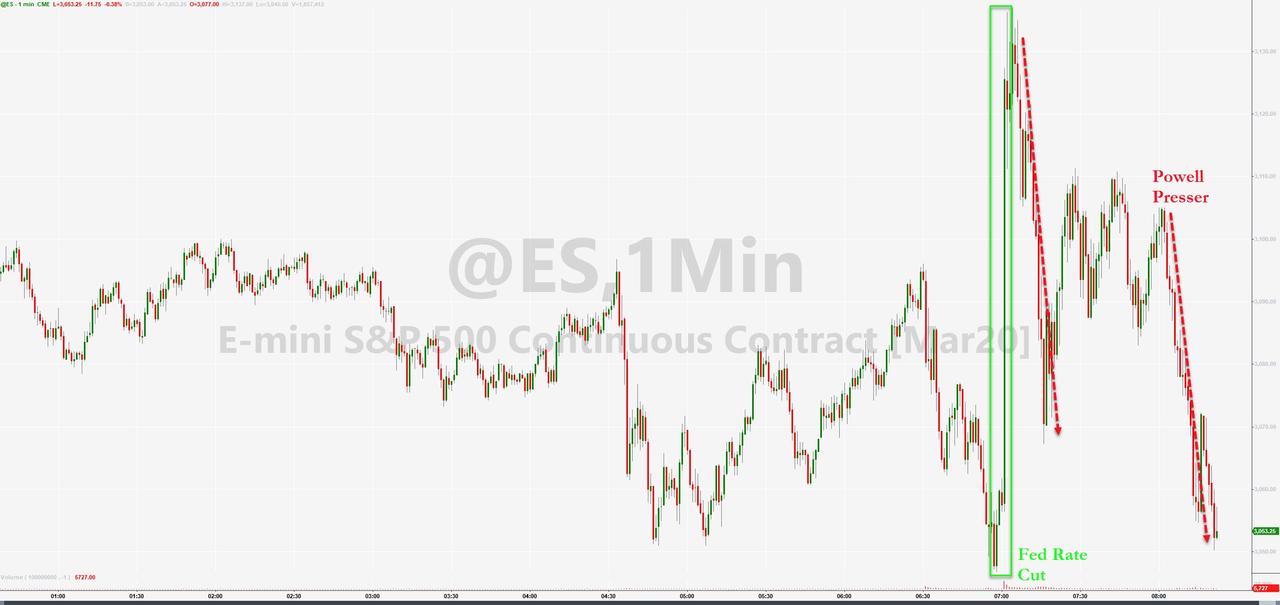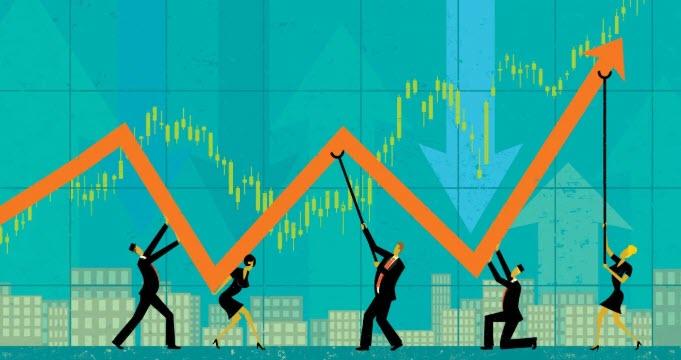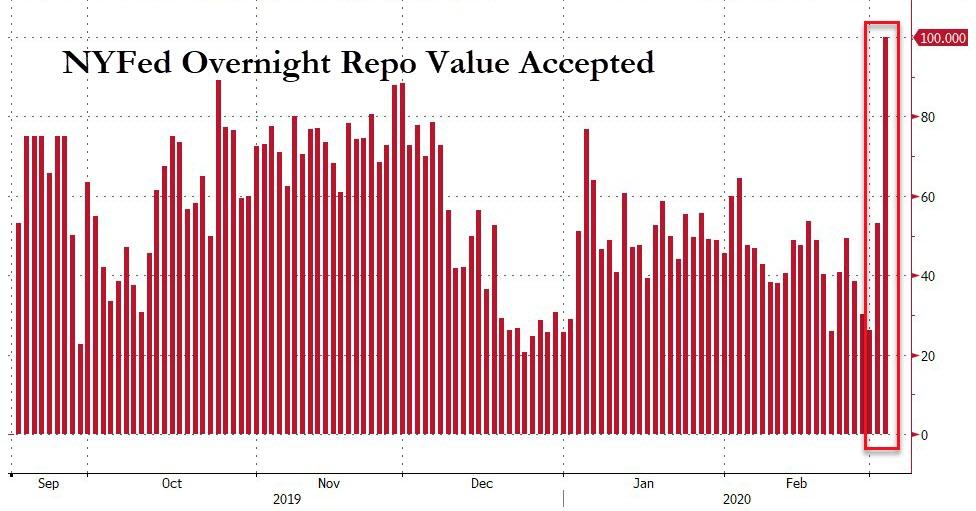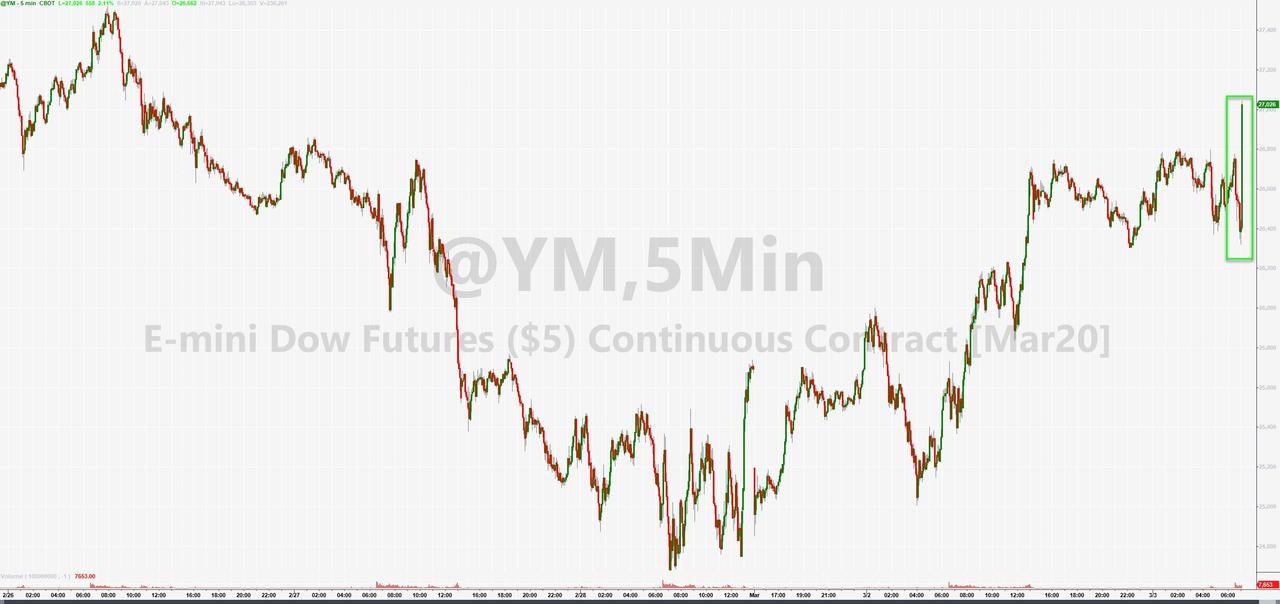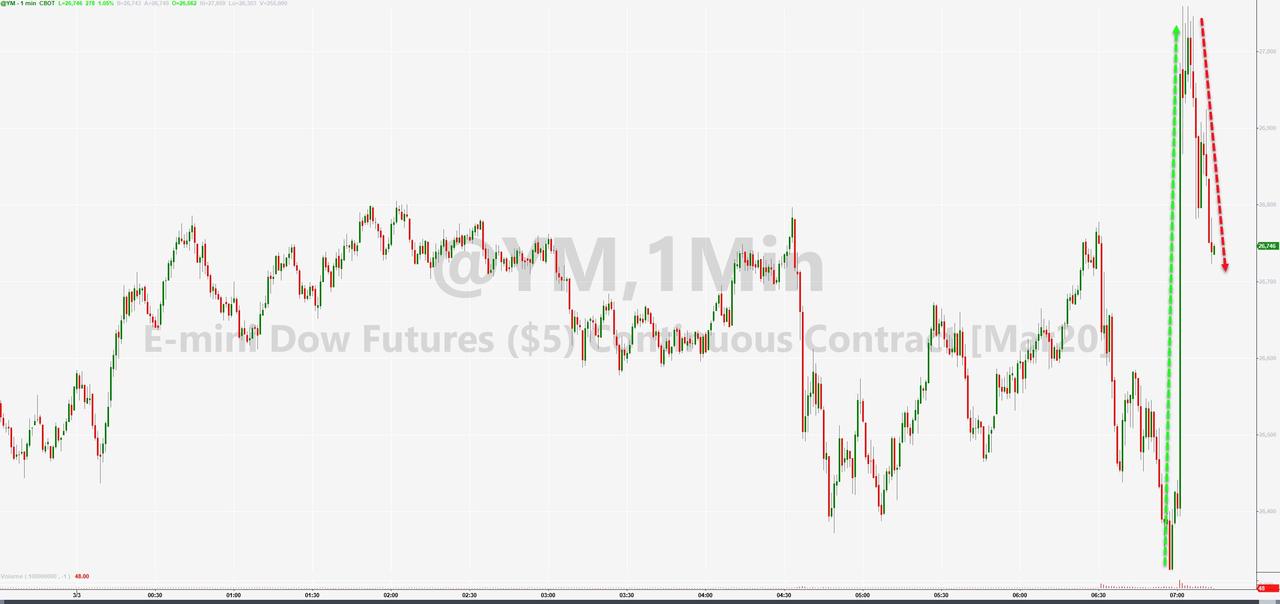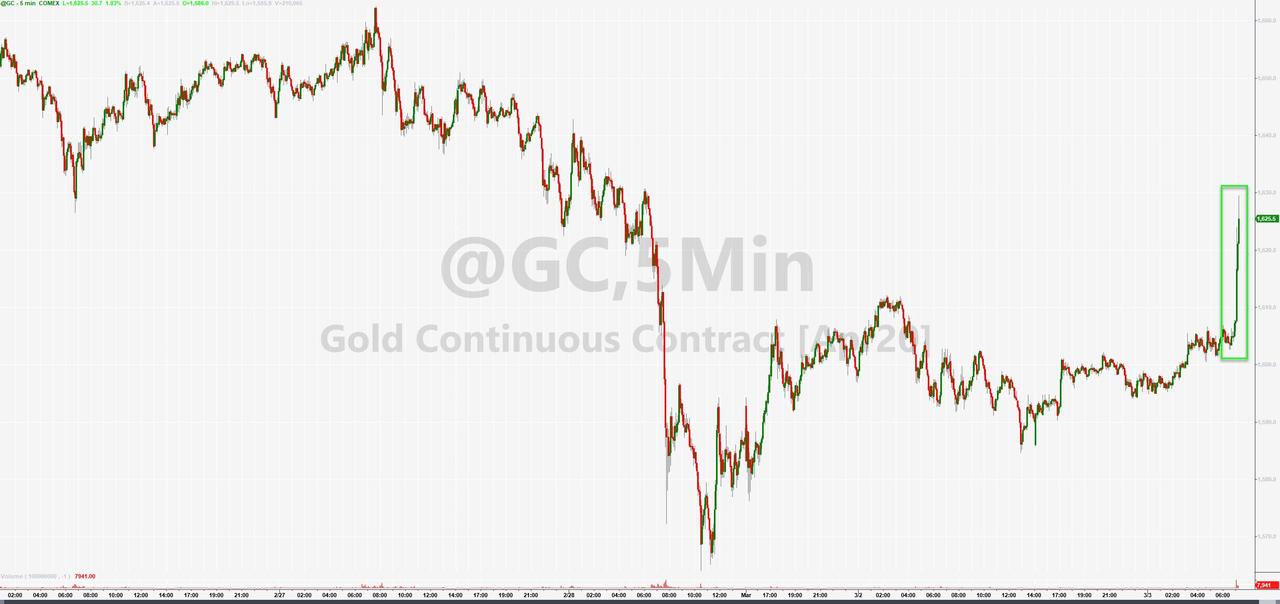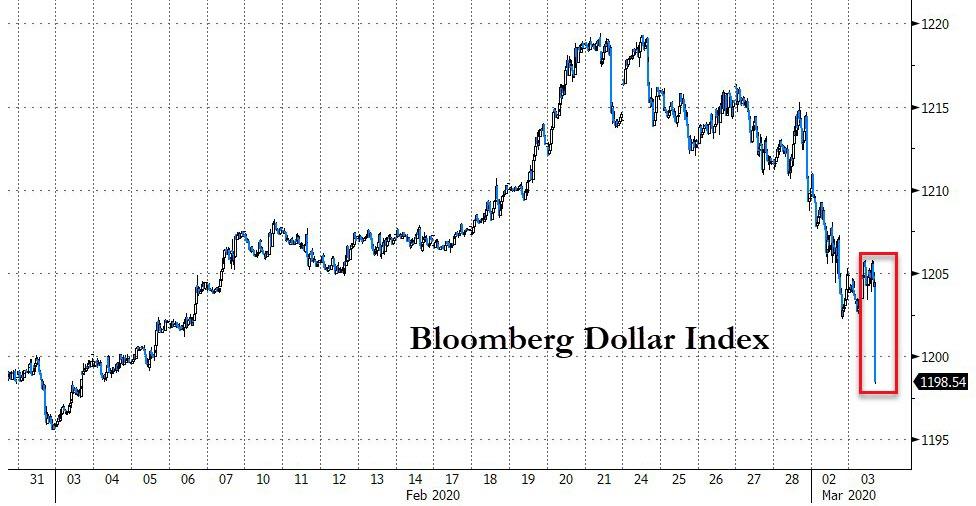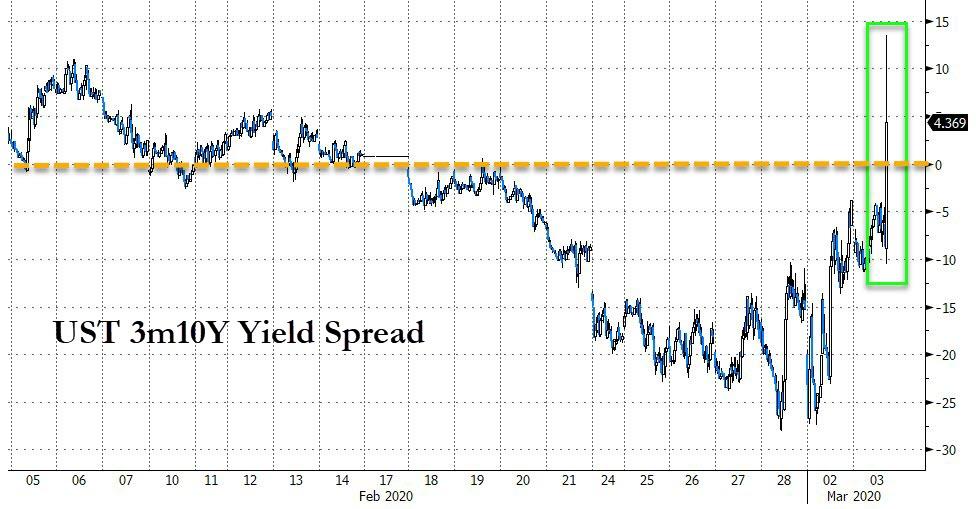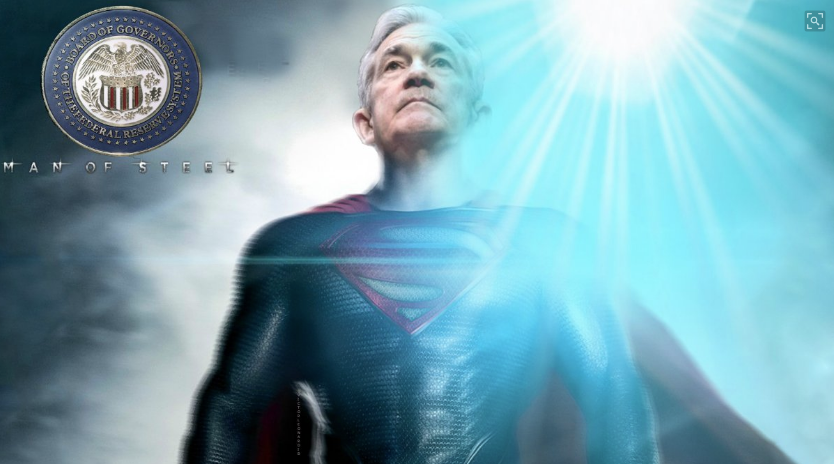Albert Einstein is rumored to have said that “Compound interest is the eighth wonder of the world. He who understands it, earns it … he who doesn’t … pays it.”
These days interest rates are near zero. The average savings account currently pays .09% interest per year, according to the FDIC.
So over the course of a decade, saving $100 with compound interest would give you a grand total of $109.37.
But at the same time, the opposite force is working against us. Inflation currently stands around 2.5%. And that compounds too.
What $100 can buy now will cost $102.50 next year. After ten years, assuming inflation stays the same, it will cost $128.
So just by saving $100 for ten years, you’ve lost $18.63 of real value.
That’s why these days, you have to invest to make money. Luckily stocks, real estate and pretty much every asset class is close to all time highs right now.
But last week’s “coronavirus drop” is a good reminder that it’s not going to last forever.
If you have substantial unrealized capital gains, and you’re looking for an exit strategy, there is one available right now. It allows you to compound your current gains for almost six years before paying capital gains tax.
I’m talking about Opportunity Zones. These were created by Trump’s tax reform law to reward investors who fund projects in distressed areas.
One of the major benefits of investing in an Opportunity Zone is the chance to compound your gains BEFORE you pay taxes on them.
For instance, if you bought $100,000 worth of stocks that are now worth $200,000 you have $100,000 worth of capital gains. At current tax rates, you could owe as much as $23,800.
But by investing those $100,000 of gains in an Opportunity Zone, you can defer paying those taxes until 2026. That means the $23,800 that would have gone to taxes instead grows from the new investment.
Let’s say that the new investment increases in value by 10% each year. When the time comes to pay the capital gains taxes on the original investment, you will have earned an EXTRA $18,363 just from deferring taxes.
In addition, after holding the Opportunity Zone investment for several years, you’ll finally pay tax on your original capital gain, but at a discounted rate. (Technically they call this a ‘step-up in basis’, so instead of being taxed on $100,000 you are taxed on a gain of $90,000.)
This can save you even more money.
But there is yet another major tax benefit of Opportunity Zones.
If you keep your funds in the Opportunity Zone for ten years, you’ll NEVER pay tax on the capital gains from your Opportunity Zone investment.
So to continue our example, say that after ten years, your $100,000 Opportunity Zone investment has compounded into $259,374– a total capital gain of $159,374. Your total capital gains tax bill will be ZERO.
Remember, ALL capital gains are eliminated on Opportunity Zone investments held for at least 10 years. So if you invest in the next Facebook and turn $100,000 into $100 million you still owe ZERO capital gains taxes on that $99,900,000 gain.
But like most good things, this won’t last forever.
And some of the benefits have already expired.
For instance, you could have had a 15% step-up in basis on your original capital gains (i.e. only paid tax on $85,000 instead of $100,000).
But you had to hold the Opportunity Zone investment for seven years. And with the deadline to pay the original capital gains set at the end of 2026, it is too late to hold the investment for seven years.
But you can still get the discount of 10% by holding for five years, as long as you get into an Opportunity Zone by the end of 2021.
It’s worth looking into. And a good place to start is our new in-depth article: Opportunity Zones: Ultimate Guide and My Personal Experience.
from Sovereign Man https://ift.tt/2TjBcG7
via IFTTT
